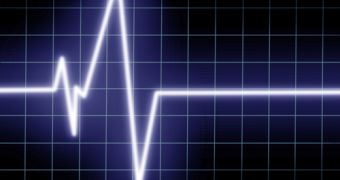Energy drinks can and should be linked to health issues such as changes in the natural heart rhythm and increased blood pressure, says a team of researchers speaking at the latest conference for the American Heart Association.
The specialists who pieced together this new report concerning the health impact of energy drinks warn that, although all people would do best to keep away from such beverages, those who are already suffering with various heart issues are particularly vulnerable to their effect.
By the looks of it, teenagers and those who do not drink coffee on a fairly regular basis are also more likely to experience changes in their heart rhythm and increased blood pressure following their consuming energy drinks.
As the researchers explain, this is because their organisms are not accustomed to being exposed to caffeine, and therefore have a rather difficult time processing it and dealing with its effects.
With the help of volunteers, the researchers carried out several experiments which showed that, following an individual's consuming about 1-3 cans of energy drinks, changes in their QT intervals are bound to occur.
For those unaware, a QT interval is a segment of the heart's natural rhythm. According to WebMD, the QT interval recorded in the case of the volunteers who had consumed energy drinks was about 10 milliseconds longer than it was prior to their consuming the beverage.
Besides having their QT intervals toyed with, some of these volunteers experienced an average increase of 3.5 points in their systolic blood pressure.
“I have no real concern that having an energy drink or two will negatively impact most people's health.”
“[However], there is enough information in this meta-analysis to make me concerned that there may be pockets of the population who may have an increased risk of adverse events, and more work needs to be done to see if this is true,” says Dr. C. Michael White.
For the time being, the researchers are unable to say whether the caffeine or some of the other ingredients found in energy drinks are to blame for said health threats.

 14 DAY TRIAL //
14 DAY TRIAL //